Lala Lajpat Rai was one of the outstanding leaders of modern India, a contemporary of Dadabhai Naoroji, Tilak Gokhale and Gandhi. His public life spanned the last decade of the nineteenth century and the first three decades of the twentieth century. He practised law at the Lahore Chief Court and built up a lucrative practice, but was drawn very early into public activities pertaining to religious, educational and social reforms and then into nationalist politics. Lajpat Rai was one of the foremost leaders of the Indian National Congress. His arrest and deportation without trial to Burma in 1907 created a great sensation in India. He spent the war years (1914-18) in the United States propagating the Indian case for self government. He returned to India in 1920 and had the honour of presiding over the Calcutta Session of the Indian National Congress which approved of Gandhi’s campaign for non-cooperation with the government. He was deputy leader of the Swaraj Party in the Central legislative Assembly and played a prominent role in provincial as well as national politics in the 1920s. While leading a demonstration against the Simon Commission at Lahore in 1928 he received injuries in an assault by the police which hastened his death. The fourth volume in the series of the Collected Works of Lala Lajpat Rai covers five years, from April 1909 to May 1914. They were lean years for the Indian National Congress. The moderate leaders had hoped that with the expulsion of the extremists from the Congress at the Surat Congress in 1907, the unity and vitality of the party would be restored. But, as Lajpat Rai had warned, while the extremists had been ‘well-nigh crushed’, their exclusion from the congress weakened rather than strengthened the party. Lajpat Rai shared the disappointment of other Congress leaders with the Reforms Act of 1909 which had introduced separate electorates. He was seriously concerned at the widening gulf between Hindus and Muslims in the wake of the reforms. This is evident from the comprehensive and closely reasoned article he wrote in the Urdu Journal Zamana, reproduced in this volume. Not only did the Reforms Act of 1909 fall short of the expectations of the Congress leaders, the attitude of the British bureaucracy in India towards political activities hardened; one of Lajpat Rai’s main themes in his lectures and articles during his visit to England in 1910 was the suppression of civil liberties in India. Even though politics were Lajpat Rai’s central preoccupation, he did not forget his commitment to social and educational reforms. He denounced untouchability and spoke and wrote extensively on education.
Indian Economic Policy and Management
$59.40
$66.00

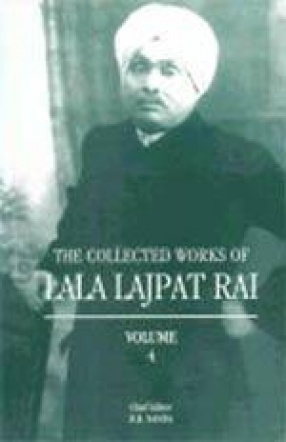
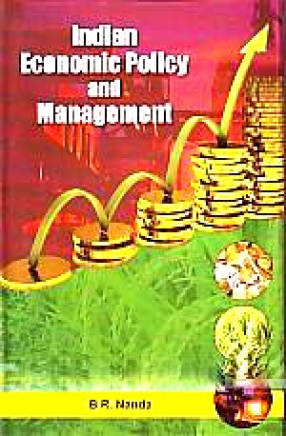
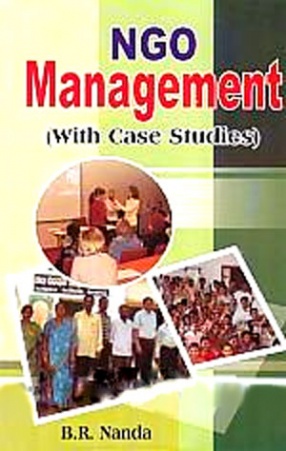
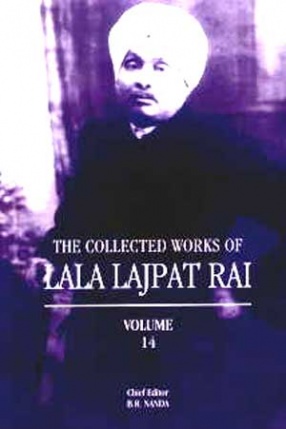
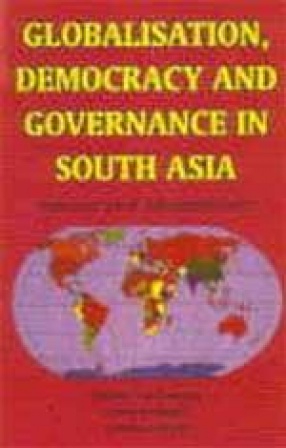


There are no reviews yet.